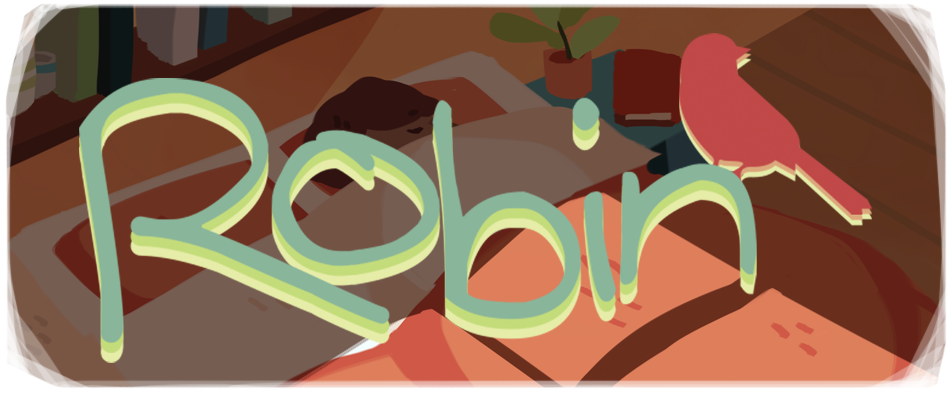Medication Can Be Good, Actually
Content warning: suicide, depression, death.
What a fuckin’ shocker.
Before I get into this, I want to make it clear that I am not a medical professional in any way. This is just my (very) personal experience. Got it?
Good.
I was raised in an environment that was negative about modern medicine. I was made to skip school so I wouldn’t get vaccinated, my pleas for a diagnosis of asthma fell upon deaf ears, and I imagine discussion about medication for mental illness was so far off the table it might as well have been flying into the sun. As a pretty sick kid, I was always told that I should eat more spinach, or do yoga, or shine yellow light on myself, or follow what-fucking-ever the new-age health mags were saying.
And because I was young, I wanted to believe my parents when they said these things would help. Then I looked at my friends, who went to doctors and hospitals and had prescribed medication for their bad flus and infections and other ailments, and I got that strange sense you get as a kid, when you start to think, Why is my family so different?
Forget it All
Brief warning: this is a very deeply personal post.
There’s a certain sense of betrayal that comes of learning your brain and your body aren’t working as they should. You go on for a long time assuming that your issues aren’t any kind of disorder, they’re just you not trying hard enough. Why would you think otherwise? Why would anyone think otherwise, when there’s nothing visible to show that’s not the truth?
I spent my entire childhood and early adulthood floundering, struggling against an invisible mental block that held me back while my peers leapt ahead. I’ve always been ditzy, forgetful, and easily distracted, finding myself unable to handle what should be easy tasks. For a long time I fought against my own body, trying to reach a potential everyone told me I had, but I couldn’t actually see.
And then, early this year, I was given an answer in the form of a diagnosis. A clear, definable name for a disorder that has plagued me for over twenty years:
Turns out I have ADHD.
Experience, Empathy, and Robin
The first time I saw Robin as a work in progress, I was struck almost speechless. A cute little indie game is right up my alley, and a cute little indie game about Chronic Fatigue Syndrome is basically everything I’ve ever wanted. Even better: it’s made by a group of kiwi students who are the sweetest.
Robin’s main mechanic is based off of the Spoon Theory, a common way for chronically ill people to explain their limited energy reserves: as you make Robin perform actions, her energy bar empties until the only option is sleep. It’s simple but effective, and evocative of daily life for someone with Chronic Fatigue. A rapidly depleting energy bar is a part of life for us, not just a game mechanic.
However, though chronically ill people may find their lives reflected in some form in Robin, I suppose we must ask the question: can a game ever actually help able people empathize with those who are chronically ill? Can a game really make someone understand in a way that positively changes their thought patterns?
Yeah, probably.
MHAW: Silence and Stigma
This week has been one of mental health awareness, and in typical Saf fashion I left this post to be written at the last day. In NZ it’s been Mental Health Awareness Week, while elsewhere it’s been Mental Illness Awareness Week. Exactly a year ago I wrote a post about why awareness is important, and a year later it’s still just as vital.
It was maybe a month or two ago that a friend on Twitter opened up about their own struggles with mental illness, which prompted an open discussion among our little community. A lot more of my friends were struggling with mental health than I realized, and I’m sure others felt the same about me.
Despite my personal vows to be open and honest with regards to mental health, I suddenly realized that I am essentially a freezer of feelings—I carefully tuck the bad ones away in a back shelf and leave them to freeze for a few months, until the power breaks down and they begin to thaw. I fully contribute to the lack of awareness, in part because I don’t like to show weakness, and that is a failure of mine.
Bloom; a Game About Surviving
When you have a chronic illness, it starts to become the core of your being. It becomes hard to not let your illness define you, to actually live a life. It also becomes hard to explain your experiences to your healthy friends and family and I’m somewhat glad that I have friends with similar experiences for support (though I am not thankful they also have to live with these struggles.)
I’m not sure when I first heard about the interactive narrative tool, Twine, but from the start I had a feeling that, as someone who wants to get into game narrative, it was the kind of thing I’d want to experiment with. My first idea was based around chronic illness, and trying to illustrate what life is when you have one.
And so, I created Bloom.
Invisibility in Illness
Over the past couple weeks I have consistently come up against walls put up by the biggest challenge of my young life: my illness. It comes and goes in waves, as many of life’s struggles do. One week I might wake up earlier than usual. I won’t get exhausted from showering and dressing and getting generally ready for my day. I’ll be productive, and best of all I’ll be optimistic.
The next week: sleep becomes a struggle, but waking up is like pulling myself from a tar pit. I’ll collapse onto my bed after getting ready and I won’t have the energy to move for another hour. I might have to stop making breakfast halfway through and lie down on the kitchen floor, the world dim and muffled. This, unfortunately, has been the entirety of March for me so far.
Chronic fatigue is balls.
Mental Health Awareness Week: IT’S IMPORTANT
Apparently I’ve basically missed Mental Health Awareness Week, which is something I wish I’d heard about earlier because it’s something I feel very positive about. It’s been a while since I’ve written much, so now feels as good as any a time to talk a little bit about mental illness and how it’s affected me.
You’re probably asking, how many more personal posts do I have in me? And I’d reply with a winky face, because I could talk about myself for yonks.
The Grass is Green
As I write this post I’m making pizza. Is this relevant at all? Well, no. And yes. I’m making it as a celebration of sorts, because right now I feel like a real person.
When I was young, my mum used to make pizza as a treat. I don’t know how she made it, but I’ve never had anything like her dough since. When I was sick I would always ask her to make her pizza for dinner, because somehow it always made me better again. In a way, that’s what I’m going for. But also, I just really love pizza.
You Make Me Sick
Most of my life I’ve been an insomniac. I don’t have the nice kind of insomnia that only pops around a couple times a year for a day or two, but the real serious kind where I can go over a week without sleep. That’s fine, I’m used to it. You grow up learning to deal with the sleepless nights and foggy days. It becomes normal.







